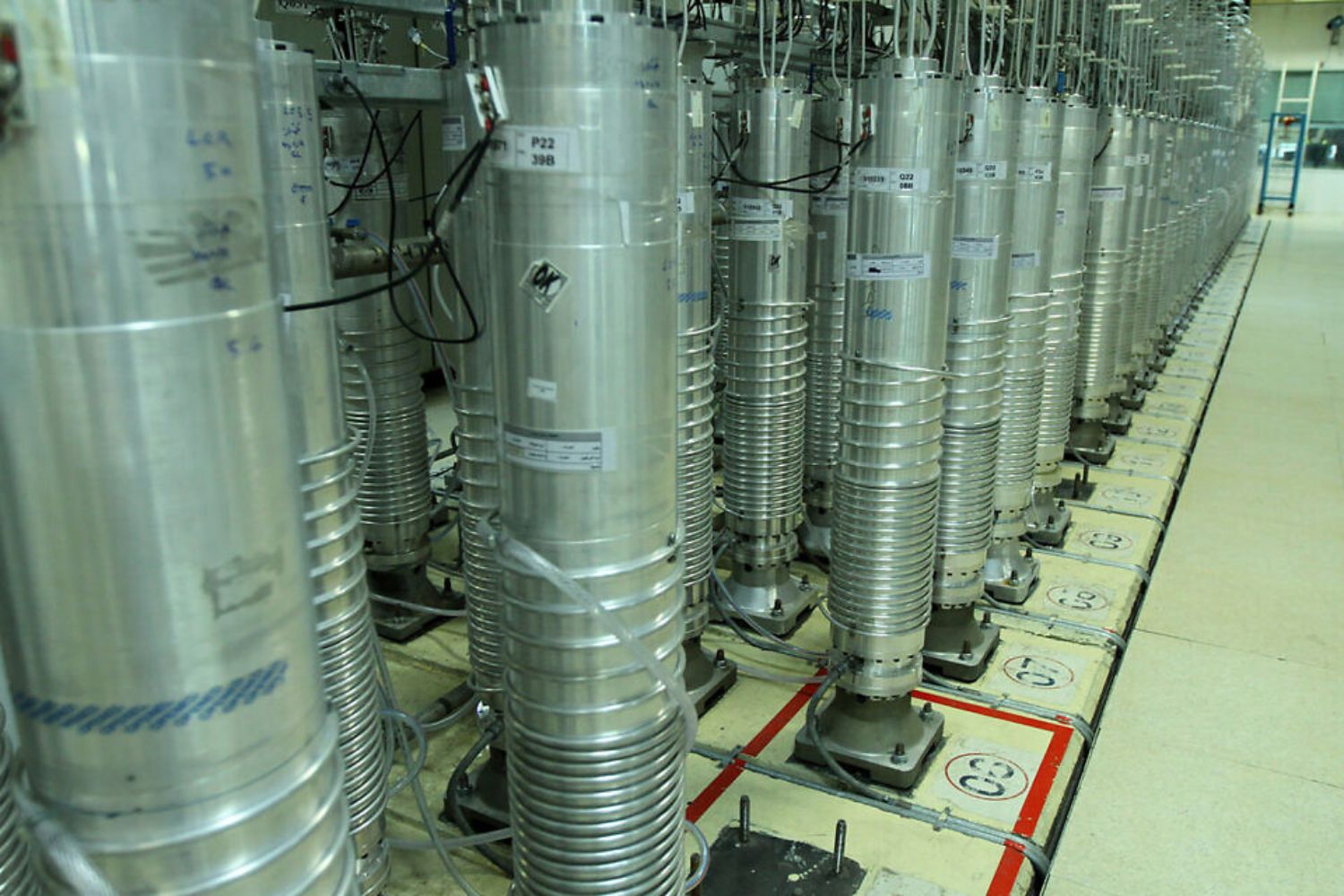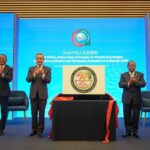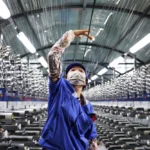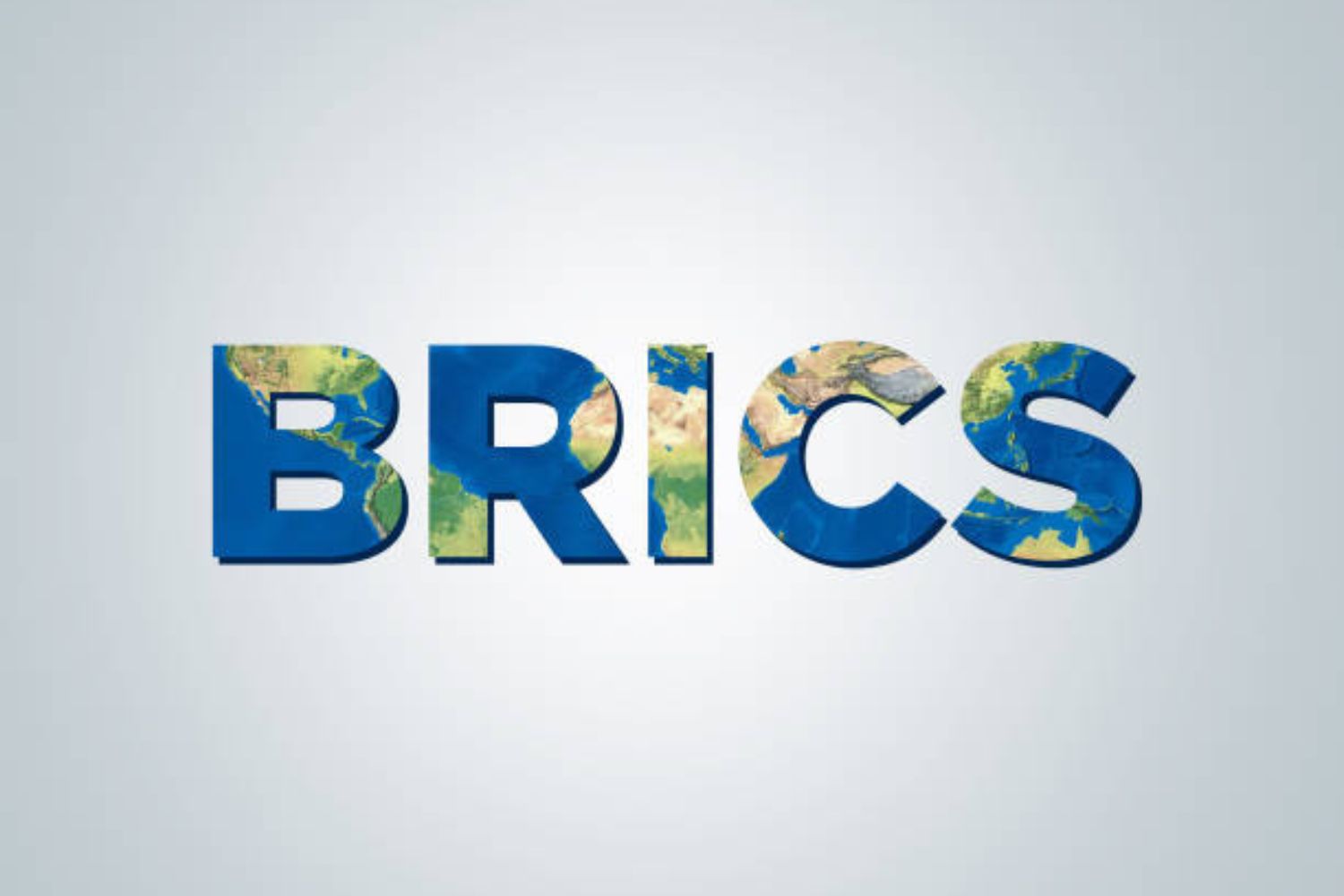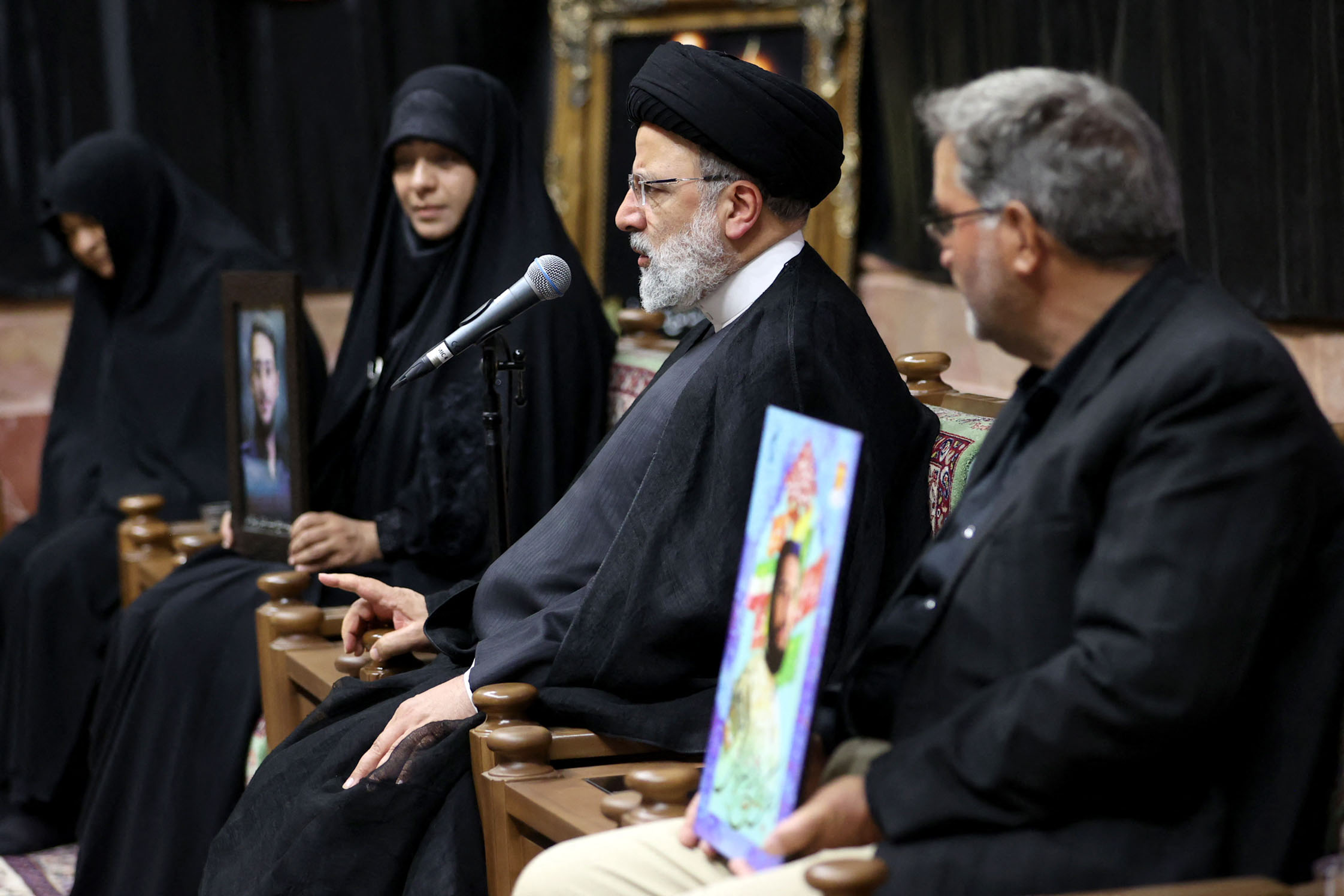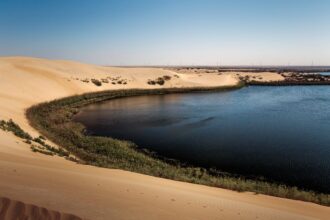As Iran approaches a critical election period, its accumulation of near weapons-grade uranium has become a focal point of international concern. The country is preparing for presidential elections following the tragic death of President Ebrahim Raisi in a helicopter crash. The stockpile of near weapons-grade uranium is predicted to heighten tensions in the Middle East posing significant challenges to regional stability.
Iran’s nuclear program has long been a subject of international scrutiny and controversy. The program, which Tehran insists is for peaceful purposes, has faced accusations of being a cover for developing nuclear weapons capabilities. These suspicions led to the negotiation of the Joint Comprehensive Plan of Action (JCPOA) in 2015, an agreement between Iran and six world powers (the United States, the United Kingdom, France, Russia, China, and Germany) designed to curb Iran’s nuclear activities in exchange for lifting economic sanctions.
Under the JCPOA, Iran agreed to limit its uranium enrichment to 3.67%, far below the 90% enrichment needed for weapons-grade material, and to cap its stockpile of enriched uranium at 300 kilograms. The agreement also imposed stringent monitoring and verification mechanisms by the International Atomic Energy Agency (IAEA).
The IAEA’s latest quarterly safeguards report reveals a notable increase in Iran’s stockpile of highly enriched uranium.
The report, which is the first since the deaths of Iran’s president and foreign minister, details a rise in uranium enriched to 60% purity from 121.5 kg in March to 142 kg. This level of enrichment is nearly indistinguishable from weapons-grade material. Iran’s inventory of 20% enriched uranium grew from 712.2 kg to 751 kg. The report highlighted Iran’s continued lack of cooperation with the IAEA’s investigations into uranium particles found at undeclared sites.
The JCPOA faced a significant setback in 2018 when the United States, under the Trump administration, unilaterally withdrew from the agreement and re-imposed stringent sanctions on Iran. In response, Iran began to gradually reduce its compliance with the deal, enriching uranium to higher levels and expanding its stockpile beyond the limits set by the JCPOA.
The increase in Iran’s near weapons-grade uranium stockpile has exacerbated tensions with neighbouring countries, particularly Israel, which perceives a nuclear-armed Iran as an existential threat. Israel has repeatedly signalled its readiness to take military action to prevent Iran from acquiring nuclear weapons. This situation creates a security dilemma, potentially sparking an arms race in the region.
The uranium stockpile issue complicates diplomatic efforts to revive the JCPOA. Economic sanctions are-imposed on Iran have devastated its economy, creating further instability within the country. IAEA Director General Rafael Mariano Grossi expressed significant concerns in the report. He pointed out recent statements by Iranian officials about their technical capabilities to produce nuclear weapons. The IAEA’s efforts to gain greater cooperation from Iran were underscored by the visit of top officials from the UN atomic watchdog to Tehran shortly before the helicopter crash that claimed the lives of Iran’s president and foreign minister.
However, progress has been stalled, with Iran stating that substantive discussions would need to be postponed due to the recent leadership changes. Key players, including the European Union, Russia, and China, have urged Iran to return to full compliance with the JCPOA and to engage in constructive dialogue. The United States has expressed willingness to re-enter the deal but insists on stronger terms to prevent Iran from ever developing nuclear weapons.
The IAEA continues to monitor Iran’s nuclear activities. Recent reports from the agency have highlighted the need for increased transparency and cooperation from Iran to ensure that its nuclear program remains peaceful. Grossi’s recent diplomatic efforts, including his visit to Tehran earlier this month, aimed at renewing dialogue and addressing these concerns. However, the sudden deaths of Iran’s top leaders have led to delays, with Iran indicating that substantive talks would need to wait until the political situation stabilises.
Iran’s growing stockpile of near weapons-grade uranium amid upcoming elections presents a critical challenge for international diplomacy and regional stability. The situation demands a nuanced approach that balances pressure with engagement, aiming to bring Iran back into compliance with the JCPOA while addressing its security concerns.
The outcome of this delicate balance will have profound implications for the future of non-proliferation efforts and peace in the Middle East. The outcome of the IAEA’s upcoming board meeting and Iran’s internal political developments will be crucial in determining the next steps moving forward.
ALSO READ: Russia Conducts Tactical Nuclear Weapons Drills Near Ukraine


